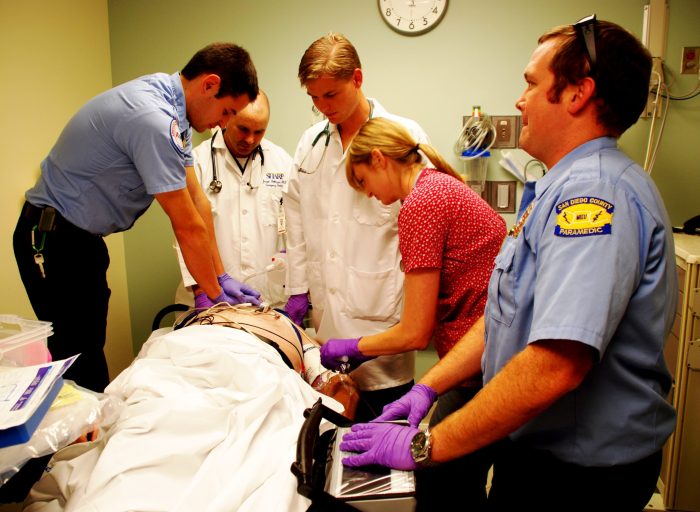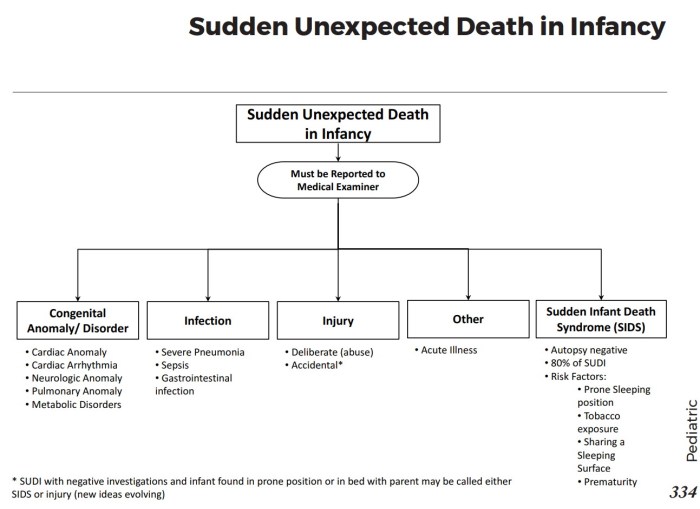What does SUD mean in medical terms? This acronym stands for substance use disorder, a medical condition characterized by the compulsive use of drugs or alcohol despite negative consequences.
SUD is a serious public health concern, affecting millions of people worldwide. It can lead to a range of physical, mental, and social problems, including addiction, overdose, and death.
What is SUD?
SUD stands for substance use disorder, a medical term used to describe a range of conditions characterized by the compulsive use of substances despite negative consequences. SUDs can involve the use of alcohol, drugs, or both.
Types of SUD

Alcohol Use Disorder
- Excessive alcohol consumption that leads to significant impairment in daily functioning.
- Symptoms include tolerance, withdrawal, and continued use despite problems.
Drug Use Disorder
- Compulsive use of drugs, such as opioids, stimulants, or hallucinogens.
- Symptoms include tolerance, withdrawal, and impaired control over drug use.
Behavioral Addictions
- Compulsive engagement in non-substance-related behaviors, such as gambling, shopping, or internet use.
- Symptoms include loss of control, preoccupation, and negative consequences.
Causes and Risk Factors
Biological Factors
- Genetic predispositions to addiction.
- Neurochemical imbalances in the brain.
Psychological Factors

- Trauma and childhood adversity.
- Mental health disorders, such as depression or anxiety.
- Personality traits, such as impulsivity or sensation-seeking.
Social Factors
- Environmental triggers, such as peer pressure or availability of substances.
- Cultural norms and attitudes towards substance use.
Treatment and Management
Behavioral Therapy
- Cognitive-behavioral therapy (CBT): Helps individuals identify and change negative thoughts and behaviors related to substance use.
- Motivational interviewing: Encourages individuals to explore their ambivalence towards substance use and make positive changes.
Medication
- Medications can help reduce cravings, manage withdrawal symptoms, and prevent relapse.
- Examples include naltrexone for opioid addiction and acamprosate for alcohol addiction.
Support Groups

- Support groups, such as Alcoholics Anonymous (AA) and Narcotics Anonymous (NA), provide a network of support and recovery.
- Groups offer peer support, accountability, and encouragement.
Prevention and Education
Public Health Campaigns
- Campaigns raise awareness about the dangers of substance use and promote healthy alternatives.
- They target youth, adults, and high-risk populations.
School-Based Programs
- Programs teach students about the risks of substance use and provide skills to resist peer pressure.
- They aim to prevent initiation and promote healthy choices.
Education and Awareness
- Education and awareness initiatives reduce stigma and promote help-seeking.
- They empower individuals to make informed decisions about substance use.
Related Concepts: What Does SUD Mean In Medical Terms?
Mental Health Disorders
- SUDs are often comorbid with mental health disorders, such as depression and anxiety.
- Treating both conditions is essential for recovery.
Physical Health, What does SUD mean in medical terms?
- SUDs can lead to physical health problems, such as liver damage, heart disease, and respiratory issues.
- Early detection and treatment are crucial for preventing long-term health consequences.
Social and Economic Impact
- SUDs have significant social and economic consequences, including lost productivity, strained relationships, and increased healthcare costs.
- Addressing SUDs is essential for improving the well-being of individuals and communities.
Ultimate Conclusion
Understanding SUD is crucial for effective prevention, diagnosis, and treatment. By raising awareness and reducing stigma, we can help individuals affected by SUD get the support they need to recover and live healthy lives.
User Queries
What are the symptoms of SUD?
Symptoms of SUD can include: cravings, loss of control over substance use, continued use despite negative consequences, tolerance, and withdrawal symptoms.
What are the different types of SUD?
SUD can be classified into different types based on the substance being used, such as alcohol use disorder, drug use disorder, and behavioral addictions (e.g., gambling disorder, internet gaming disorder).
What are the risk factors for SUD?
Risk factors for SUD include: genetic predisposition, environmental factors (e.g., exposure to trauma or substance use), and mental health conditions (e.g., depression, anxiety).
How is SUD treated?
Treatment for SUD typically involves a combination of behavioral therapy, medication, and support groups. Treatment aims to help individuals reduce substance use, manage cravings, and develop coping mechanisms.






Leave a Comment